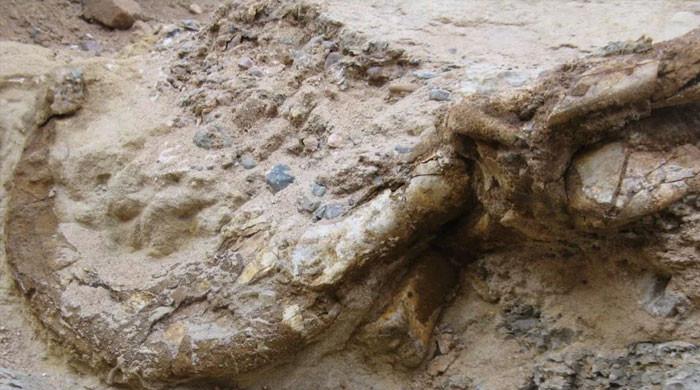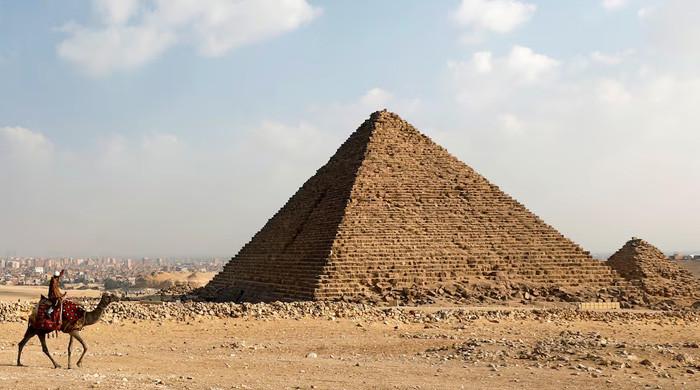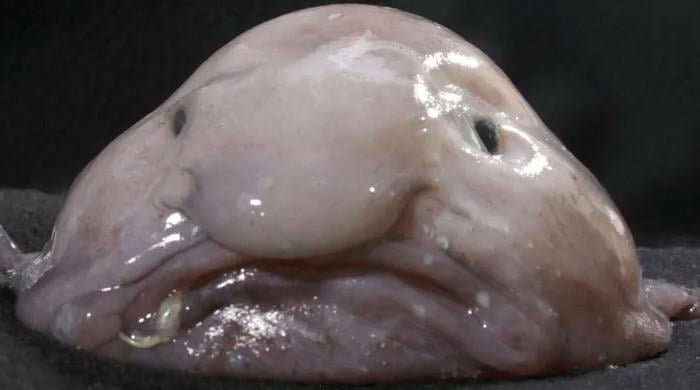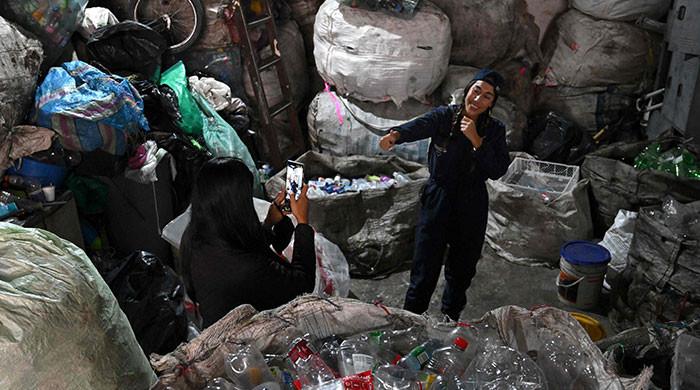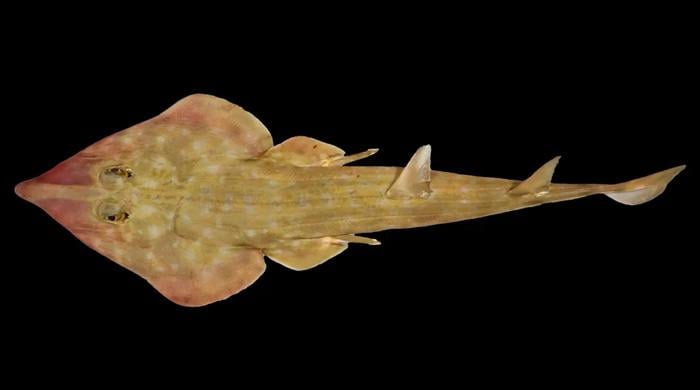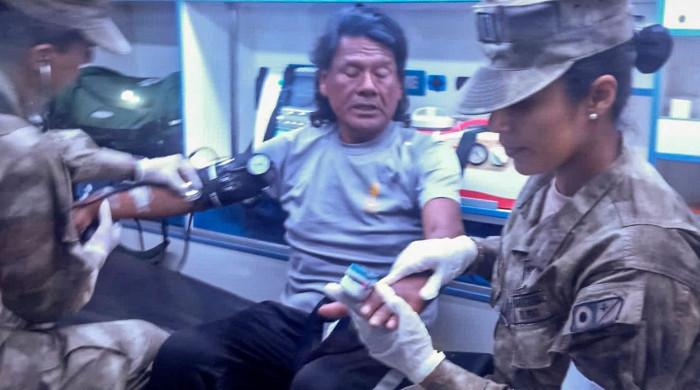This safe space is keeping Machar Colony's children off the streets
Lawyer and founder of Imkaan Welfare Organisation, Tahera Hasan, has created a safe space for children of Karachi's largest informal settlement
March 08, 2018
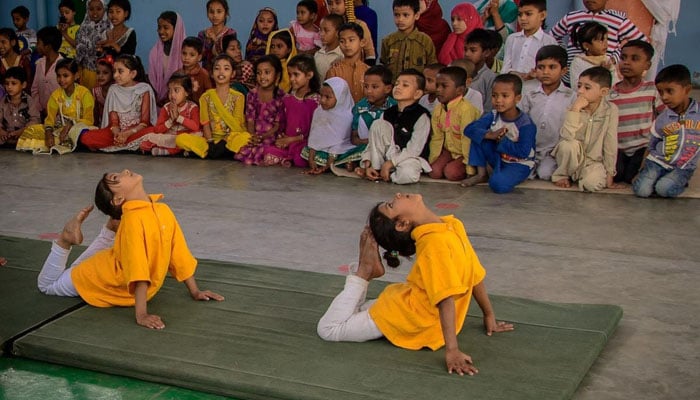
Defying all odds, lawyer and founder of Imkaan Welfare Organisation, Tahera Hasan, has established an organisation which is not only helping shape brighter futures for children but also ensuring they’re safeguarded.
In 2012, Hasan established the welfare organisation, unique in its intent to address and pare down the rates of both infanticide and child abandonment across Pakistan. Imkaan was founded on the tenet that each and every child not only has the right to live but to thrive.
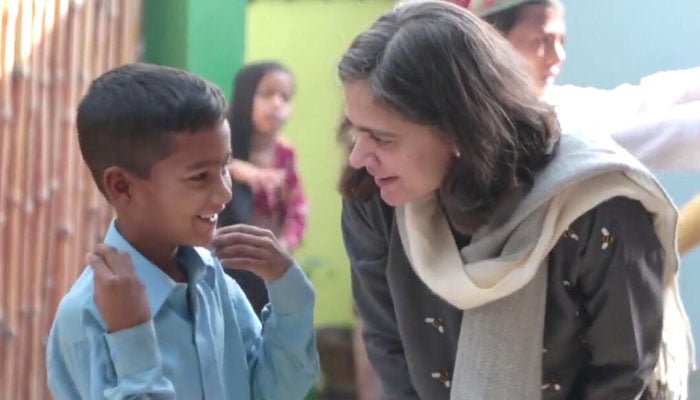
Hasan began her work on abandonment by conducting research in Machar Colony – the largest informal settlement in Karachi which is home to approximately 700,000 people.
Five years ago, when Hasan established a mother and child heathcare centre in the colony, she noticed there were a lot of children on the streets. Her unrelenting passion to help children abandoned by their parents or society at large led her to creating a safe space for the children of the colony.
“We created a safe space for children in Machar Colony and called it Khel,” Hasan says in a documentary produced by Extraordinary Pakistanis, a group promoting a positive image of Pakistan. The documentary called ‘KHEL: A playground for Karachi’s invisible children,’ highlights Imkaan’s impact by creating a safe space for children in the colony which otherwise saw children employed in shrimp peeling and in their free time gravitating towards gambling, drug abuse and other anti-activities.
Before Khel, streets were the only playground available to the children of the colony who mostly grow up in one-bedroom houses shared by at least 11 family members.
Children in the colony start gambling at the age of five.
“Families typically consist of eight to 10 children so parents need to decide which ones can go to school and which ones can’t,” Tahera says in the video.
“The ones that don’t go to school are left to fend for themselves either in the streets or by working in shrimp peeling factories,” she adds, further saying that the daily wage of working in shrimp-peeling factories is between Rs50 to Rs200.
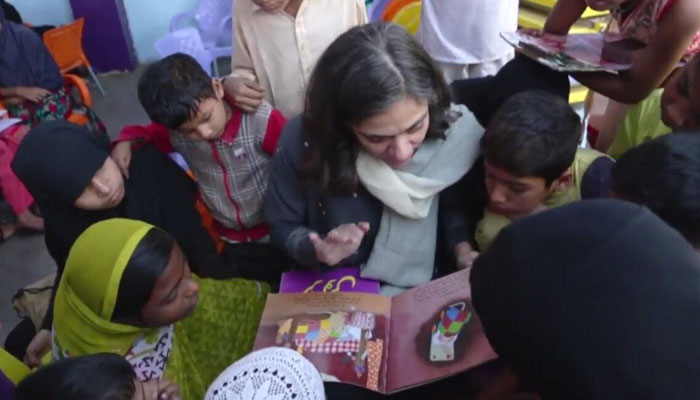
Khel also has an arts and crafts component along with teaching children how to read and write. Imkaan has created the very first gymnastics team for the children of Machar Colony as part of its ‘Khel programme’.
“The gymnastics team was a challenge as we thought the community won’t approve as gymnastics may be a sport which may not be appreciated for something that women will be doing,” she said. “We got permission from the parents so we have a girls gymnastics team today which is one-of-a-kind here,” Tahera added.
“There’s no proper girls gymnastics team focusing just on gymnastics.”
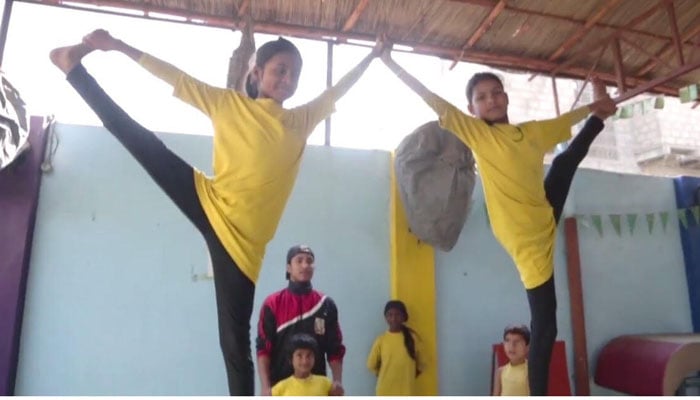
Speaking about the behavioural changes in the children since Khel’s launch in 2015, Tahera says, “We have a community that is Bengali and Pathan and children from both communities coming to Khel. Initially, there was a lot of discrimination from both ends and a lot of negative language towards each other but today there is unity.”
Tahera shared, in a particularly poignant moment in the documentary. “I was sitting on a carpet, when a child ran to fetch me a chair and said you sit here… I started crying. These are the same kids who stampeded over me a year ago. There is a behavior change. How they view the world is transforming. This is the impact of Khel and it’s very emotional for me,”





